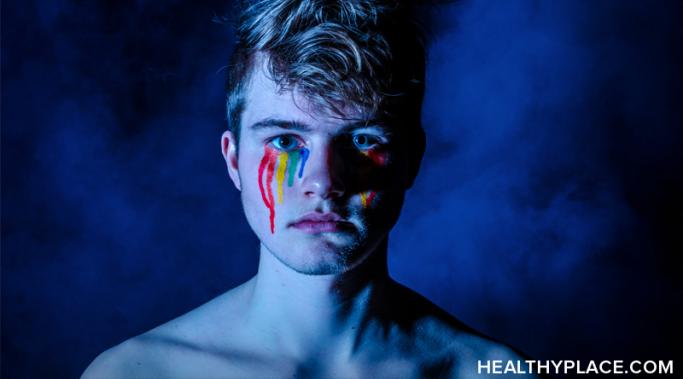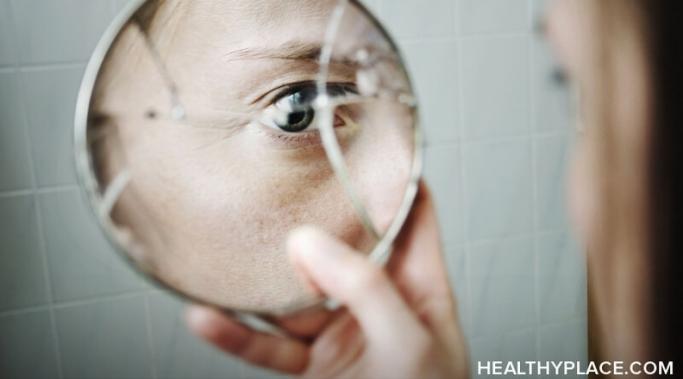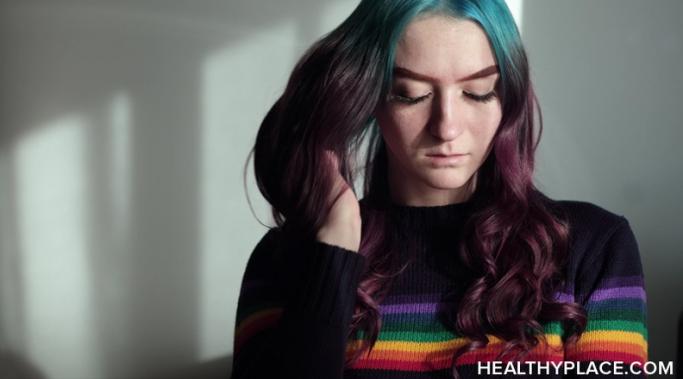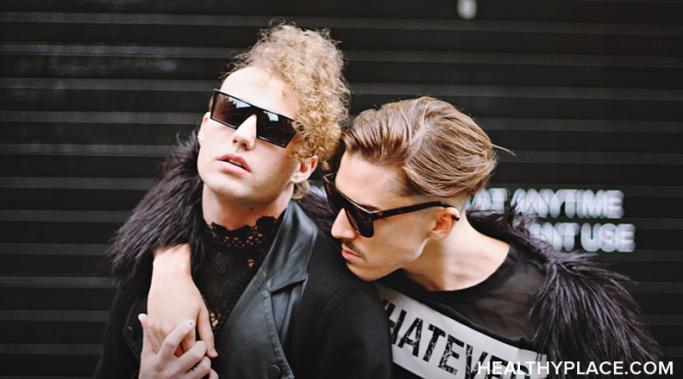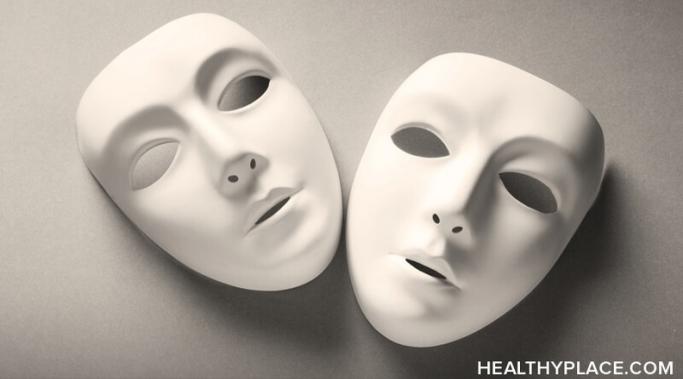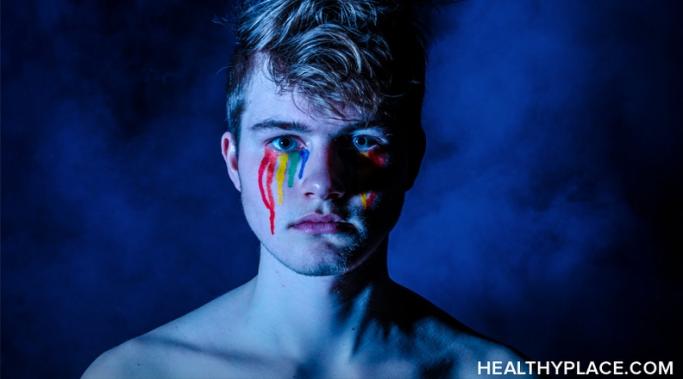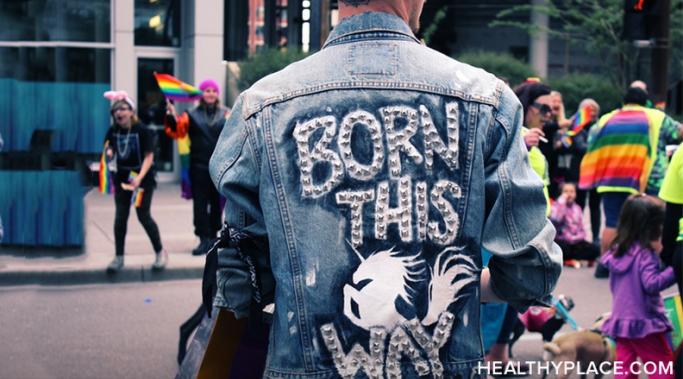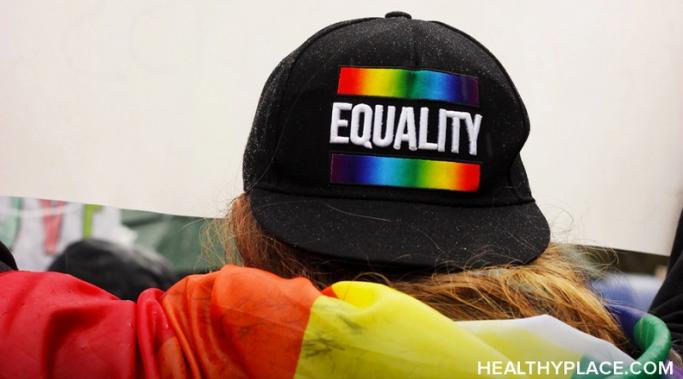There are a lot of new words and concepts out there to describe one's gender identity or sexual orientation, and one of them is bigender. As our community continues to expand and evolve, we develop new language to describe our experiences and identities. You might not have heard of the term bigender before, and trust me, even as a queer person, it can be hard for me to keep up with all the identity words. Today, I want to talk about what bigender means. As a bigender person, I hope you find this helpful.
Gender
I live as a transgender person, and I also have bipolar disorder. While being transgender is not a mental illness, these two things still have a lot in common. Over the years, I've reflected on what these two things share. Today, I'll discuss the commonalities between them and what it feels like to live both as a transgender person and as a person with bipolar disorder.
During my sophomore year of college, I discovered I was transgender nonbinary. I began experimenting with the way I presented my gender. For me, that meant being myself for the first time. And that was terrifying. The idea of having my internal sense of self in congruence with my external self felt like turning myself inside out.
As a lesbian who lives life outside of the closet, I have experienced my fair share of shame regarding my sexual orientation and gender expression. The LGBTQIA+ mental health community does not only experience shame based upon their sexual orientation, gender identity, and gender expression. These individuals also have to navigate shame feelings stemming from trauma experienced in their pasts.
After living a year of pandemic life, we are beginning to resume some normalcy just in time for June, Pride Month. Many states have lifted mask mandates while more than half the country has been vaccinated. Entering the month of June, Pride Month in the lesbian, gay, bisexual, transgender, queer, intersex, asexual, etc. (LGBTQIA+) community, after a year of social distancing could put a strain on our mental health. I know I have been experiencing anxiety surrounding the idea of gathering with my LGBTQIA+ community after so long apart. Here are a few ways I have been coping with this new way of life while planning to celebrate pride.
I identify as a lesbian in the lesbian, gay, bisexual, transgender, queer, intersex, asexual, etc. (LGBTQIA+) community as a whole. My gender expression follows a more masculine route regarding clothing and hairstyle. Gender expression for many of us in the LGBTQIA+ community can lead to judgment by a society which is used to gendering things such as clothing or hairstyle. These judgments and biases can lead to fear and anxiety for those of us in the LGBTQIA+ mental health community. My anxiety was heightened for years regarding my treatment from others who may not agree or understand my gender expression.
The lesbian, gay, bisexual, transgender, queer, intersex, asexual, etc. (LGBTQIA+) community faces mental health challenges specific to their gender and sexuality. Transgender and non-binary individuals (TGNB) often experience mental health challenges such as increased acts of rejection or violence and microaggressions by mental health providers and the general public. These disparities could lead to TGNB individuals suffering from mental health concerns such as anxiety. Learning about those challenges faced by our TGNB specific community may help us check our biases at the door and provide allyship to these individuals.
I have been hospitalized twice due to my erratic mental health. My gender expression of gender non-conforming (outward expression different from societal gender norms) was not taken seriously during these hospitalizations. I was subjected to uninformed mental health professionals and demeaning mistakes due to the lack of knowledge or respect for my gender non-conforming presentation. The lesbian, gay, bisexual, transgender, queer, intersex, asexual, etc. (LGBTQIA+) community deals with barriers to gender-affirming care regarding mental health and hospitalization often. These are just a couple of ways I was subjected to insensitive mental health care regarding my gender expression.
Gender identity in the lesbian, gay, bisexual, transgender, queer, intersex, asexual, etc. (LGBTQIA+) community is important when speaking about mental health. Society has made a habit of assigning gender based on assumptions relating to outward appearance and tone of voice. Mental health concerns can be tied together with gender identity, and it is important to respect an individual's chosen identity without our own biases getting in the way.
Pronoun usage in the lesbian, gay, bisexual, transgender, queer, intersex, asexual, etc. (LGBTQIA+) community is important when dealing with mental health concerns. Using proper pronouns when speaking to others about their mental health can provide a safe and comfortable space for them to release their emotions.


